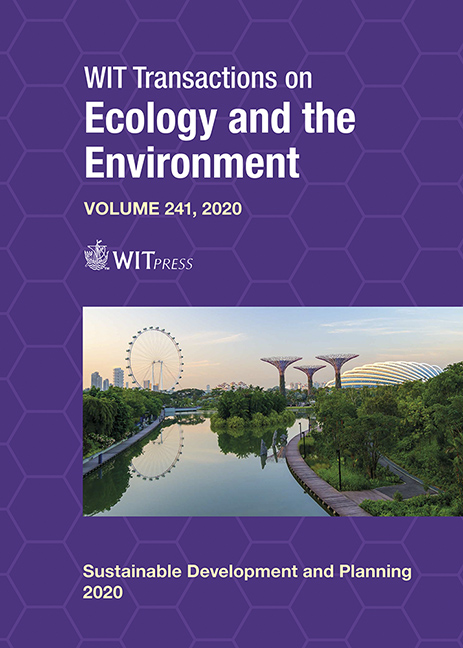IMPACT OF ISLAMIC VALUES AND CONCEPTS IN ARCHITECTURE: A CASE STUDY OF ISLAMIC COMMUNITIES
Price
Free (open access)
Transaction
Volume
241
Pages
14
Page Range
383 - 396
Published
2020
Paper DOI
10.2495/SDP200311
Copyright
WIT Press
Author(s)
ALI SAEED BOKHARI, MAHMOUD TAREK MOHAMED HAMMAD, DJAMEL BEGGAS
Abstract
Islamic teachings include principles and applications that directly influenced local Islamic architecture in the past. The principles of privacy, humility, and hospitality are fundamental to these religious guidelines and have had a major impact on the design of Muslim homes, as well as on the regulation of space and social behaviour in these homes. However, Muslims today are very distressed by the recent political and social changes, as well as contemporary ideologies, which are not compatible with Islamic cultural values, and that led to the emergence of some architectural models that contradict Islamic principles and values. This paper reviews the impact of Islamic cultural values on the shape, features, and elements of housing and the relationships between these elements in many Islamic cities with varying environmental conditions. The results of the research showed that religious values are the main pillars of local architecture and that the essence of the architectural product of Islamic societies is the Islamic concept. Despite the different architectural composition and its diversity in Islamic countries as a result of the different environmental conditions surrounding them, there is a common denominator for the diversity of architectural formations and it is the stability of the Islamic concept. The researchers concluded that awareness of Islamic concepts and values while taking into account the changing circumstances surrounding contemporary designs, is important to express the local Islamic identity in ways that meet the needs of modern society.
Keywords
Islamic religion, local Islamic architecture, privacy, Islamic cultural values, Islamic cities, contemporary architecture, social change, Islamic identity





